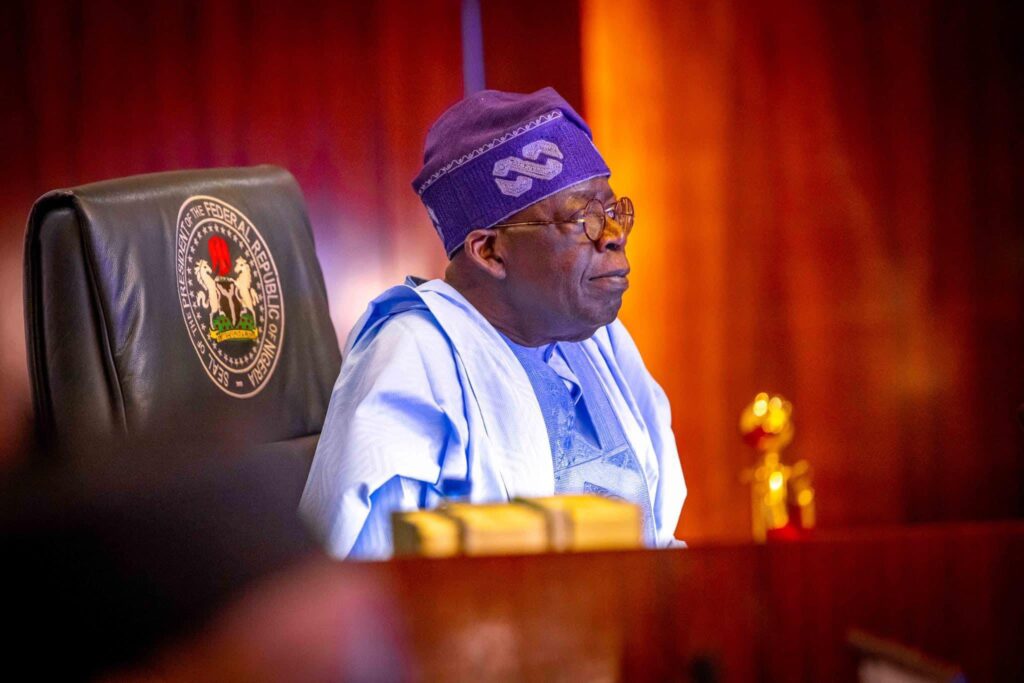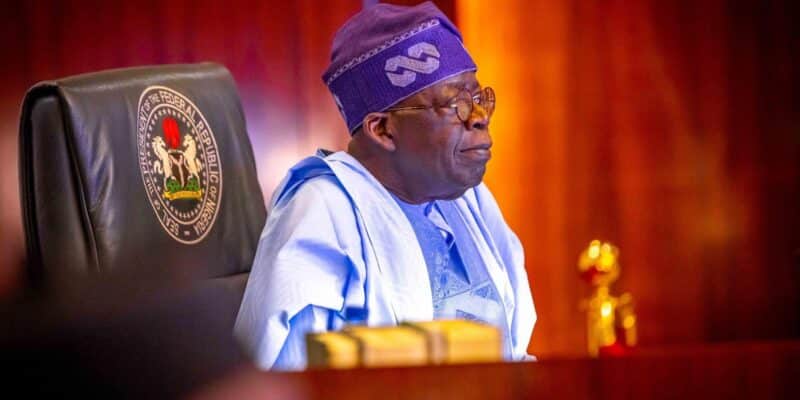
The Nigerian government has proposed a budget of N53 billion for the renovation and upgrading of 103 foreign missions, including embassies, staff quarters, ambassadors’ residences, and the purchase of office furniture and vehicles. This initiative, aims to address the dilapidated state of many Nigerian missions abroad, some of which are in urgent need of repairs.
The proposed funds will be distributed across various foreign missions, with specific allocations including N554 million for the Abidjan mission, N812 million for Banjul, N555 million for Brazzaville, N576 million for Caracas, and N624 million for Kingston, among others. Despite this large allocation, significant financial shortfalls remain, with sources estimating that almost $1 billion is required to clear backlogs of arrears and fully fund Nigeria’s 109 missions worldwide, which include embassies, high commissions, and consulates.
Upon taking office, President Bola Tinubu initiated a review of Nigeria’s foreign policy, including the recall of 83 ambassadors in September 2023. However, delays in appointing new envoys have occurred due to insufficient funding. Foreign Affairs Minister Yusuf Tuggar confirmed the shortage of funds, stating that without adequate financial resources, it would be impossible to send ambassadors abroad or run missions effectively.
Senior officials within the Presidency and Foreign Service have stated that addressing the country’s diplomatic infrastructure requires substantial capital expenditure. Reports suggest that nearly 90% of Nigeria’s embassies are in poor condition, with many embassies lacking functional offices, adequate staff accommodation, or the ability to pay rent.
The situation is exacerbated by the outstanding allowances of Foreign Service officers, with some staff waiting up to eight months for their pay. Officials warn that sending ambassadors to countries in such circumstances would hinder their ability to perform their duties effectively, as ambassadors would struggle to support embassy staff with unresolved issues.
In addition to the renovation proposals, the House of Representatives Committee on Foreign Affairs has expressed concern over the poor funding allocated to the Ministry of Foreign Affairs in the 2025 budget. The ministry has requested N1.5 trillion, but only N287 billion has been allocated for recurrent expenditures in the 2025 Appropriation Bill. Committee Chairman Oluwole Oke emphasized the need for an increased allocation to ensure the efficient operation of foreign missions and the proper remuneration of Foreign Service officers.
The proposed 2025 budget, presented by President Tinubu on December 18, 2024, also includes N66.88 billion for capital expenditure in the Ministry of Foreign Affairs. However, Oke argues that a more substantial amount—at least N500 billion—should be allocated to meet the ministry’s needs, given the rising costs of international engagements and the unstable exchange rate.
Oke also suggested that Nigeria’s foreign missions should explore property ownership through mortgages and car leasing, as is common in host countries, rather than relying on expensive rental arrangements. This, he believes, could reduce the long-term financial burden of maintaining diplomatic missions in high-cost cities like Singapore, Hong Kong, and Dubai.
The ongoing financial struggles highlight the critical need for a comprehensive solution to secure Nigeria’s diplomatic presence globally and support the effective functioning of its foreign missions.

Comments